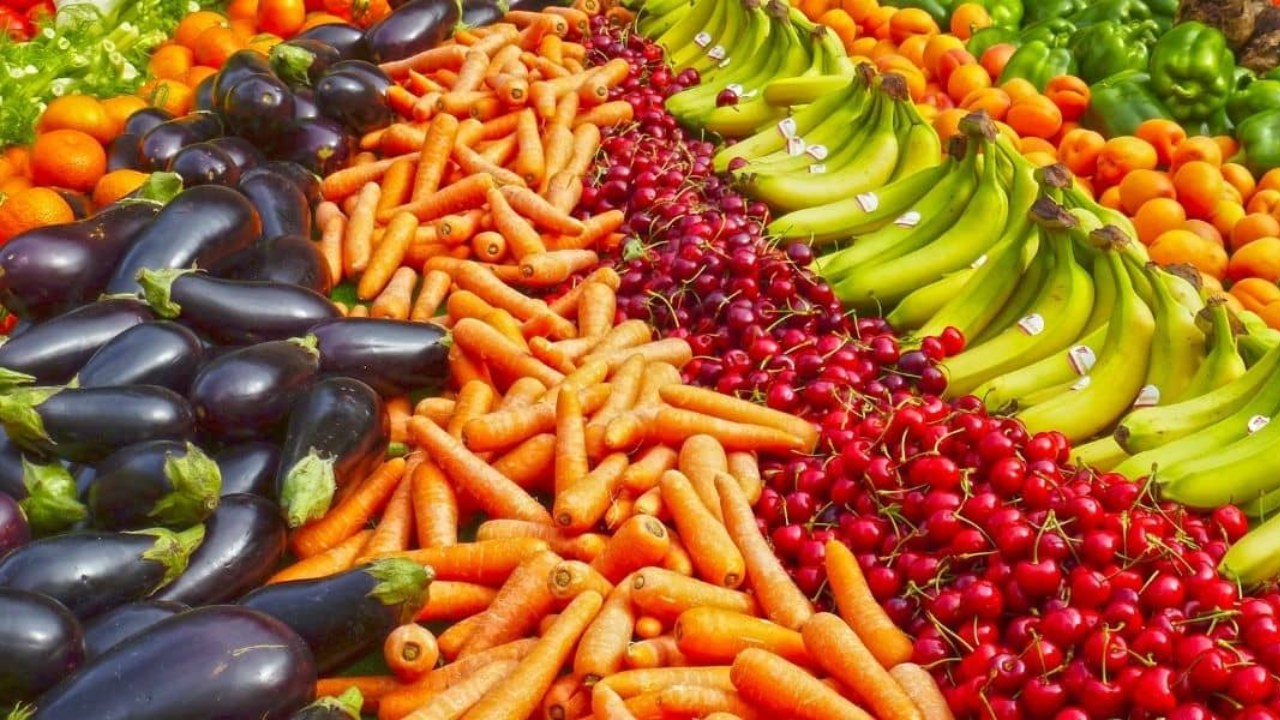The real secret of health: Indian tradition has always been based on Ayurveda and a natural lifestyle. Ayurveda says that a person should change their diet according to every season. The reason for this is clear—every season has its own effect on the body, and the fruits, vegetables, and grains that grow naturally at that time meet the needs of the body.
In today’s time, every fruit and vegetable is available in the markets throughout the year, whether it is mango in summer or guava in winter. This facility is due to cold storage and chemical preservation. But the truth is that the real enjoyment of both health and taste is found only when we eat food according to the season.
Why are seasonal fruits and vegetables important?
Seasonal fruits and vegetables not only bring freshness and taste, but they also contain the same nutrients that the body needs in that season. For example, oranges and seasonal fruits available in winter are rich in vitamin C, which helps in protecting from cold and increasing immunity. In summer, cucumber and watermelon provide water and minerals to the body and protect it from dehydration.
Difference in taste and freshness
When you eat a fruit or vegetable in the same season, its taste, aroma, and texture have a different freshness. Fruits stored for a long time do not retain the same nutrition or taste. This is why people say, “The real fun of mango is in June-July only” or “Winter spinach does not taste the same in any other season.”
Better for digestion and immunity
With the change of seasons, the needs of the body also change. In summer, the body demands light, cooling, and water-rich food, while in winter, grains and vegetables with a hot nature give comfort to the body. Seasonal fruits and vegetables fulfill this need in a natural way. This is why watermelon and muskmelon grow in summer and bathua and spinach in the winter.
Avoid chemicals
Nowadays, preservatives, hormones, and chemicals are used to make fruits and vegetables available out of season. These not only reduce nutrition but can also prove to be harmful to health. In contrast, seasonal fruits and vegetables grow naturally and do not need to be stored for a long time. This way, your body is saved from the extra burden of chemicals.
Newness and variety in diet
Think, if you keep eating the same fruits and vegetables 365 days a year, won’t the food become boring? A seasonal diet brings natural variety to your food. Every season gives the experience of new aroma, new taste, and new nutrition. It not only gives balanced nutrition to the body but also keeps the taste fresh.
Connection with culture and tradition
Local and seasonal food not only improves health but also connects you with culture. When the grandmothers in the family talk about the carrot halwa of winter or the mango slices of summer, it becomes not just the joy of eating but also a bond of tradition and memories. Such dishes keep the mind balanced, along with nourishing the body.
Beneficial for the pocket too
Seasonal fruits and vegetables are not only healthy but also cheap. Since it does not cost much to grow them, they are easily available in the market at a low price. In such a situation, they take care of both your health and budget.
